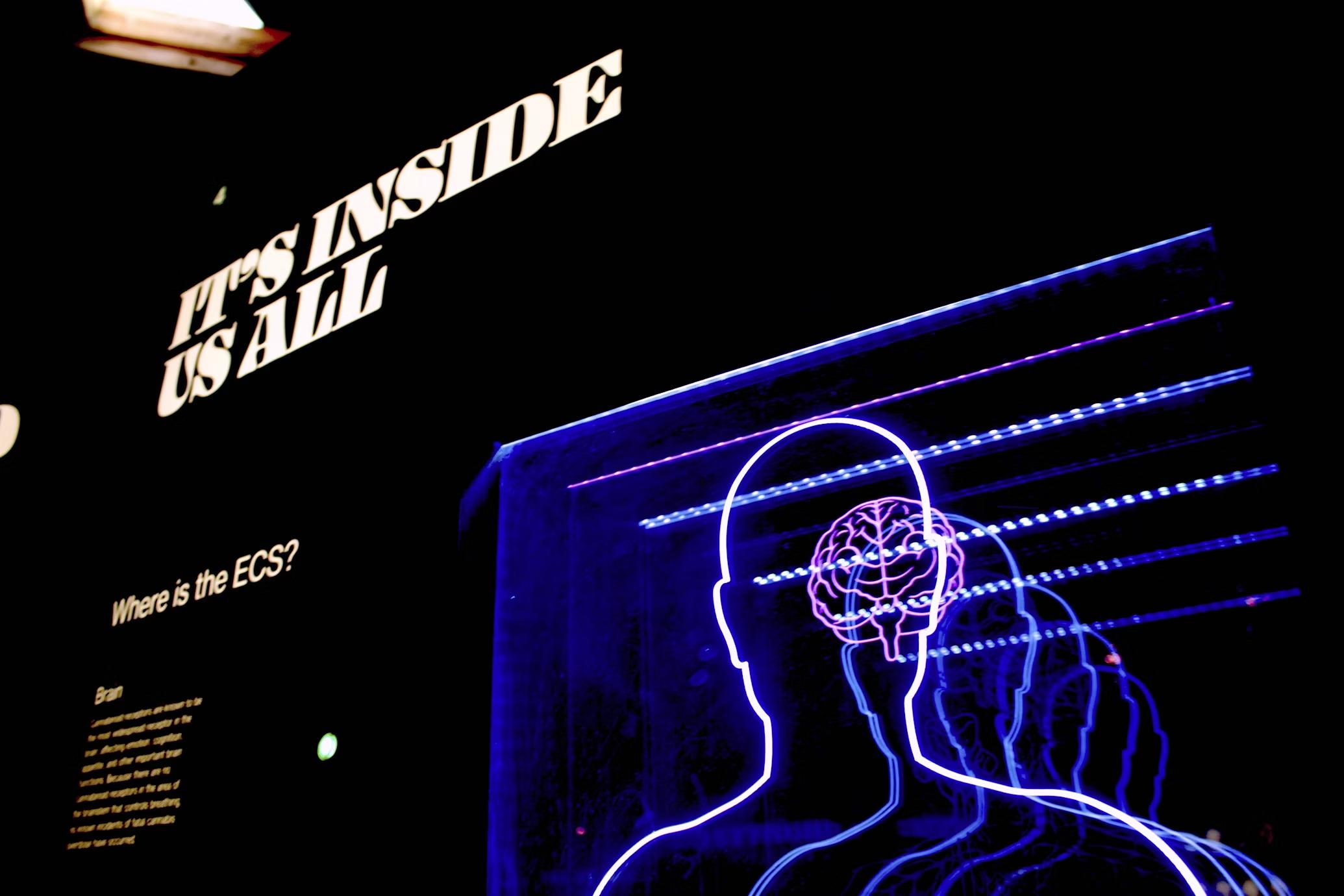Spotlighton






Dyspraxia, also known as Developmental Coordination Disorder (DCD), is a neurodiverse condition caused by a disruption in the way that messages are passed between the brain and the body.
It’s estimated that around 10% of people in the UK have dyspraxia. However, as it’s often misunderstood, these numbers may be higher.

Dyspraxia affects a person’s fine and/or gross motor coordination, as well as non-motor skills such as memory, organisation, and speech. This can have an impact on their ability to carry out everyday tasks and activities.
It’s considered to be a hidden disability because the signs that someone has dyspraxia can be hard to recognise.

Every neurodiverse person is different and will experience their own unique strengths. Common strengths associated with dyspraxia include:
Leadership skills
Empathy
Strategic, big-picture thinking
Creativity and ambition

Challenges associated with dyspraxia include:
Difficulty coordinating body movements
Poor spatial awareness
Being clumsy and accident-prone
Trouble with organisation and managing time
Difficultly concentrating and following conversations
Issues with speech (verbal dyspraxia)

The Dyspraxia Foundation is committed to making the teaching and medical professions more aware of dyspraxia, and to spreading understanding of how those who have the condition can be helped.
dyspraxiafoundation.org.uk
Dyspraxia Foundation USA works to raise awareness and educate people about diagnosis, treatment, and resources to improve the quality of life for people with Dyspraxia and their families.
dyspraxiausa.org
